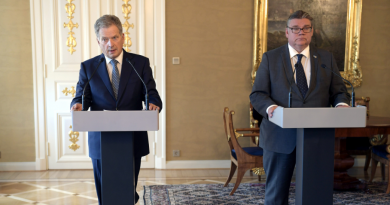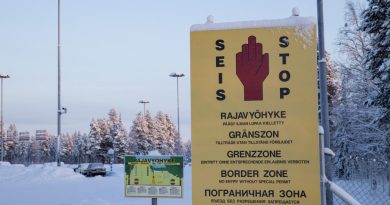‘Fighting a losing battle’: Ungava voter turnout is again lowest in Quebec
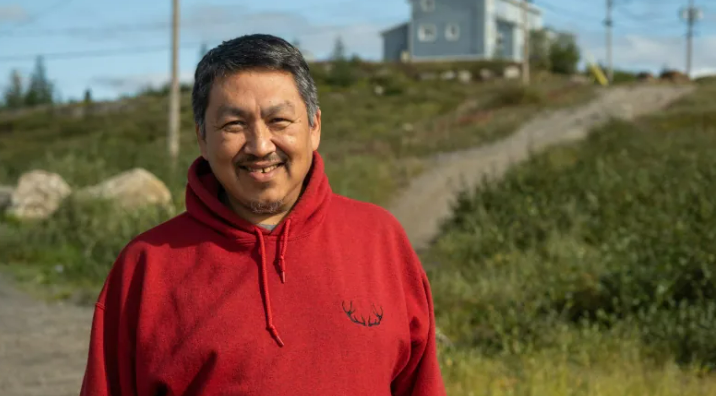
Election results in the northern riding of Ungava in Monday’s Quebec provincial election have led to renewed calls for more to be done to better serve Indigenous and northern voters.
“We need our own riding,” said Liberal candidate Tunu Napartuk, who came in third behind Cree candidate Maïtée Labrecque-Saganash representing Québec solidaire and incumbent Denis Lamothe, who won a second term for the ruling Coalition Avenir Québec.
Ungava once again had the lowest voter turnout in the province with just 30.3 per cent of eligible voters casting ballots, only slightly higher than in 2018.
“Anyone who wants to run in the future in provincial elections will be fighting a losing battle,” said Napartuk, adding the boundaries of the enormous riding of Ungava need to be redrawn.
He says if the Îles de la Madeleine, a small archipelago in the Gulf of Saint Lawrence, has its own riding, so should Nunavik.
“Nunavik deserves its own riding. We are 13,000 people, 14 Inuit communities, isolated and remote. We have our own reality,” said Napartuk.
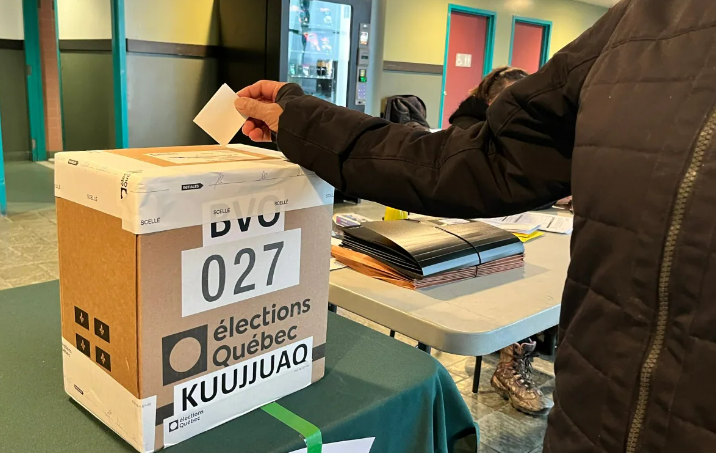
The two-time mayor of Kuujjuaq also said campaigning was a challenge in a riding that is more than half the geographic footprint of Quebec and including the 14 Inuit communities of Nunavik, nine Cree communities of Eeyou Istchee and the non-Indigenous towns of Lebel-sur-Quévillion, Matagami, Chibougamau and Chapais.
“I did the best that I could … to try and cover that whole area. It was a challenge in itself,” said Napartuk, adding he was satisfied with his campaign.
Vote splitting
Lamothe won with 36.2 per cent of nearly 9,000 votes cast, out of more than 29,000 eligible voters, according to Elections Quebec. Labrecque-Saganash came in second with 24.2 per cent of the ballots followed by Napartuk with 18.1 per cent.
Labrecque-Saganash wasn’t available for interviews Tuesday, but during the campaign expressed concerns that vote-splitting in Ungava was a real possibility with two strong Indigenous candidates running against each other.
She was critical of Liberal leader Dominique Anglade in choosing Napartuk to represent the party, after she had already declared her candidacy for Québec solidaire.
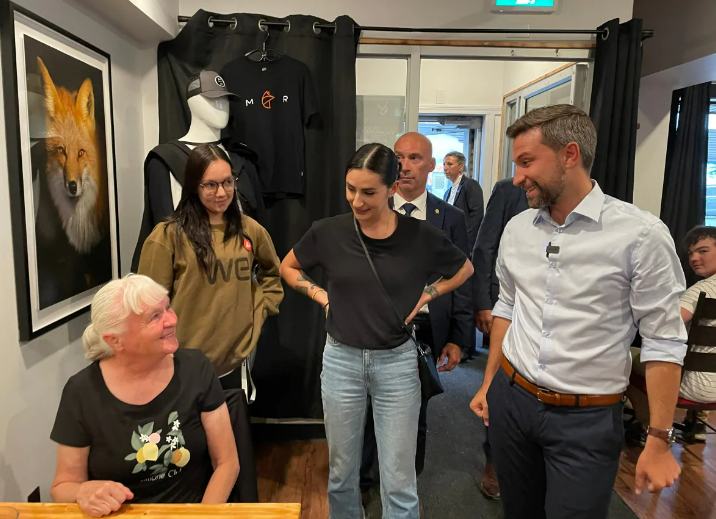
“I don’t want to assume that it’s voluntary from the party leader of the Liberals to divide the vote to benefit the CAQ, but that’s a real possibility,” said Labreque-Saganash during the campaign.
“I don’t know how productive it is toward Indigenous people to do something like that.”
Napartuk and Saganash together received more than 42.4 per cent of the votes cast in the riding, compared to Lamothe’s 36.2 per cent.
Lowest voter turnout
CAQ candidate Denis Lamothe wasn’t able to visit the Cree and Inuit communities of Ungava as planned during the campaign, because of the death of his mother.
He said he doesn’t understand why voters didn’t show up to vote, adding whether it was new schools or sports facilities in Nunavik or new elders homes and a hospital in the Cree communities, his government delivered a lot in the last four years.
“My track record was good. But then why didn’t people come out to vote? It’s a question we need to ask again eventually,” said Lamothe.
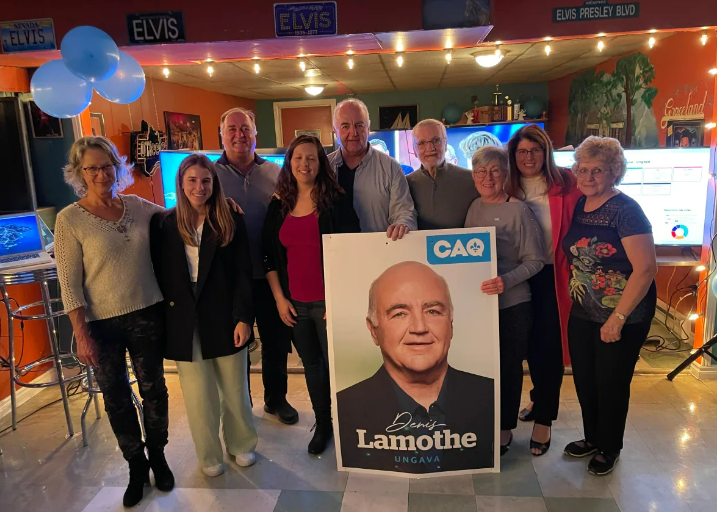
‘Voting is a civic duty, but why aren’t people voting? We need to figure it out in the future because 30 per cent is not a lot,” said Lamothe.
Lamothe went on to say that he will continue to do his best to represent the entire riding and will work hard to continue to address some long standing challenges faced by Indigenous voters in Ungava.
“I’m very aware of the problems in [the North],” said Lamothe, adding he worked as a police officer in Nunavik for six years and then another five in the Cree communities before moving into politics.
The other candidates in the riding were Christine Moore for the Parti Québecois, who received 12.5 per cent of the vote, and Nancy Lalancette for the Parti conservateur du Québec, who received 8.7 per cent.
Related stories from around the North:
Canada: Kathy Kettler becomes 1st Inuk appointed to chief of staff position, CBC News
Finland: Sami Parliament in Finland agrees more time needed for Truth and Reconciliation Commission preparation, Eye on the Arctic
Greenland: Danish PM apologizes to Greenlanders taken to Denmark as children in 1950s, Eye on the Arctic
Norway: Can cross-border cooperation help decolonize Sami-language education, Eye on the Arctic
Sweden: Sami in Sweden start work on structure of Truth and Reconciliation Commission, Eye on the Arctic
United States: Alaska reckons with missing data on murdered Indigenous women, Alaska Public Media

